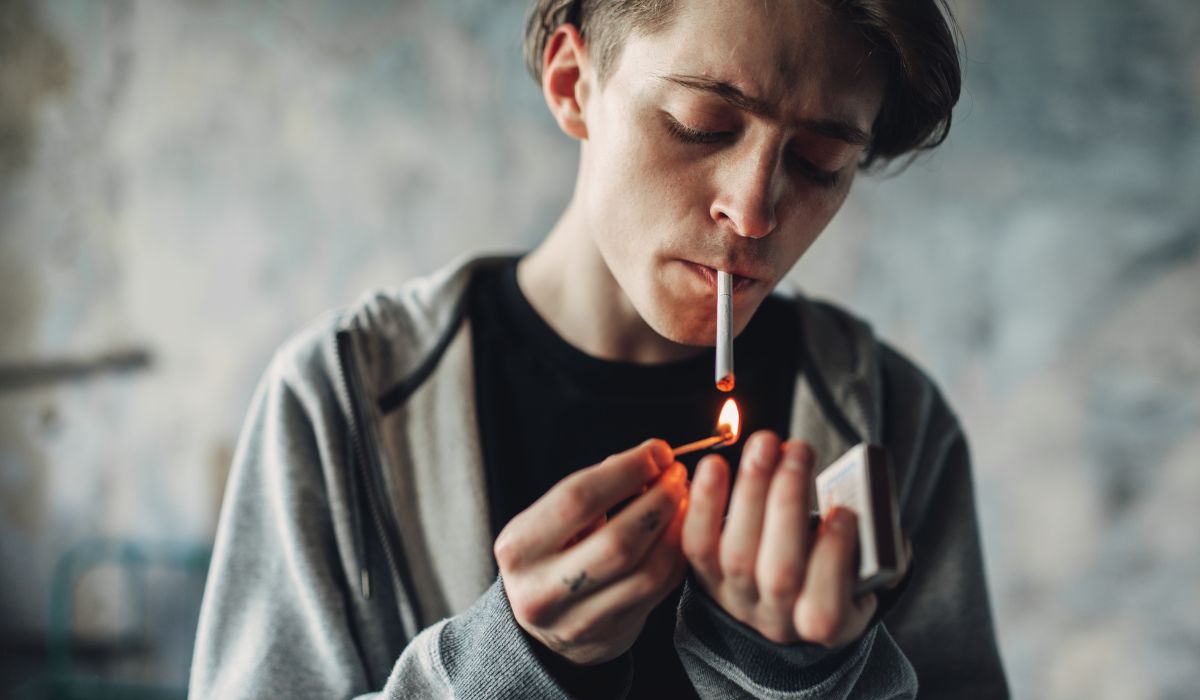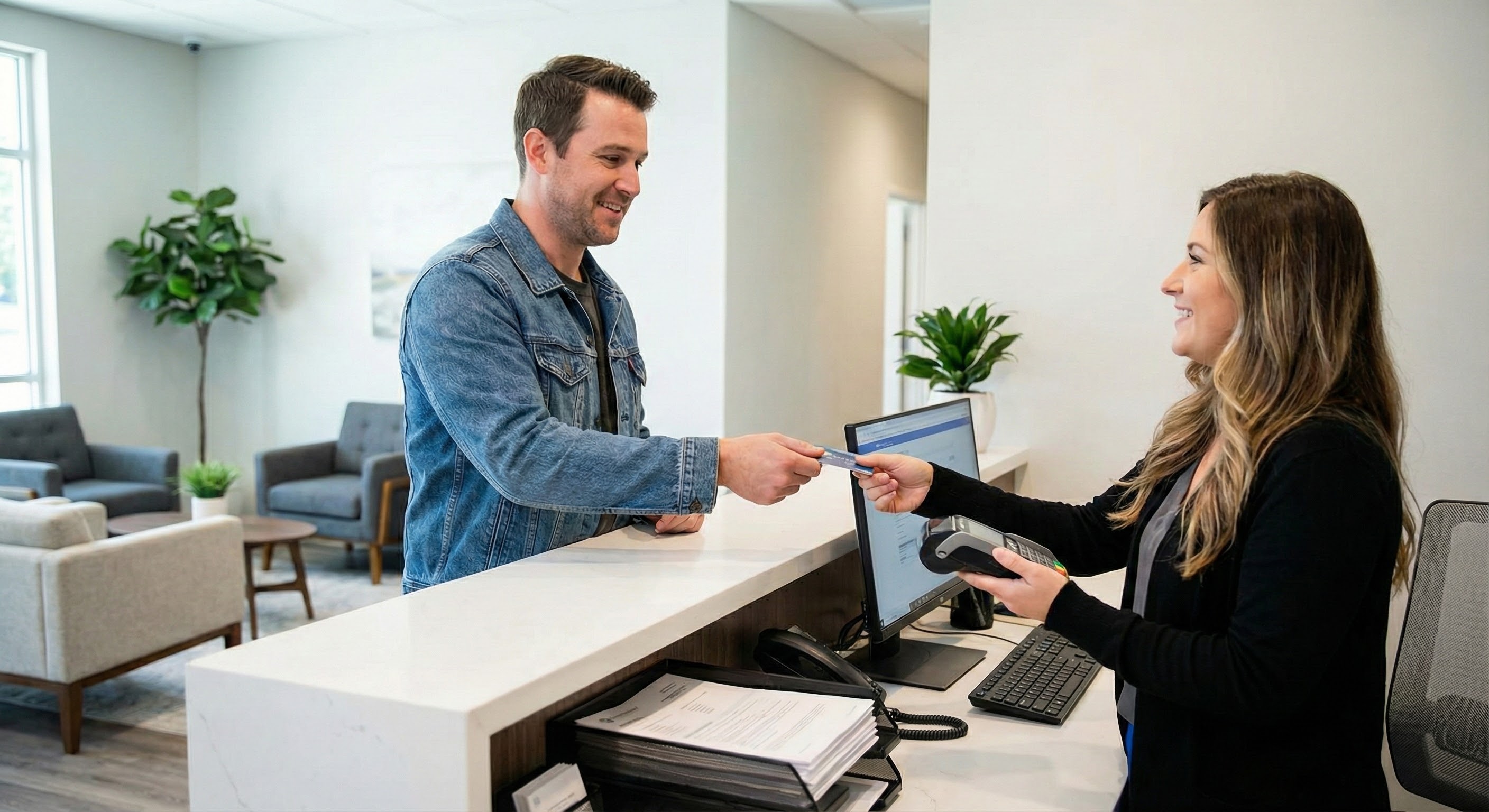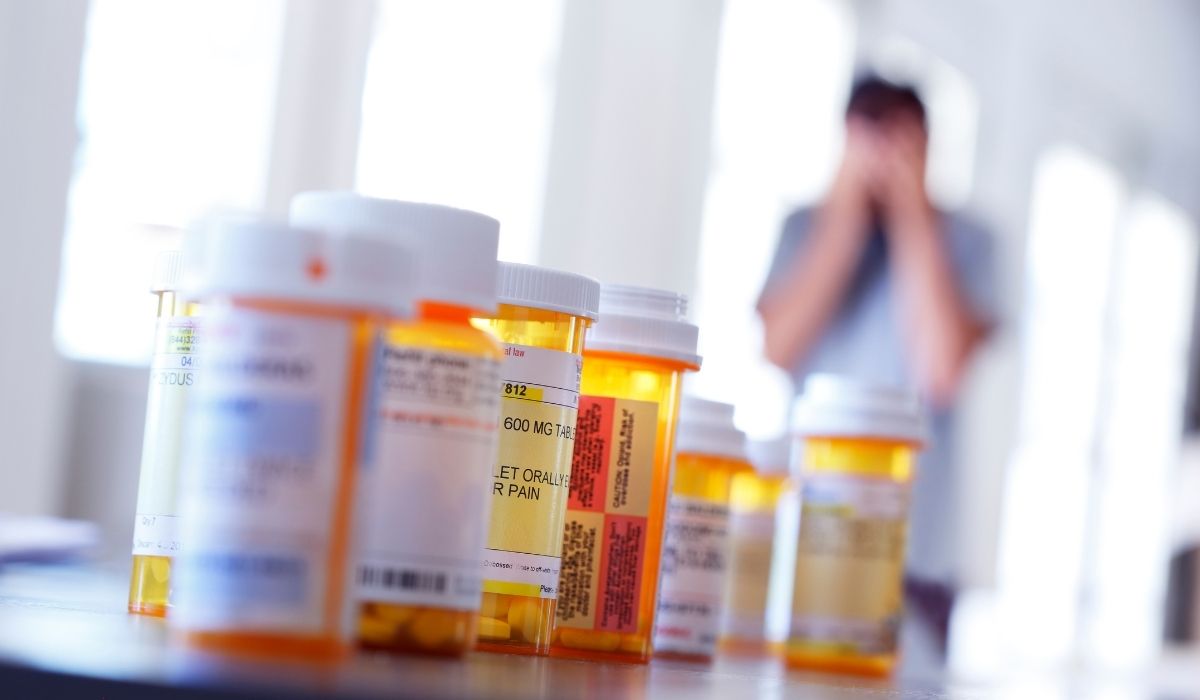Is Drug Addiction a Choice?
Many people wonder, “Is drug addiction a choice?” It’s a question that brings up strong opinions, emotions, and confusion. Some believe addiction happens because people choose to use drugs. Others believe it’s a disease that changes how the brain and body work.
The truth is more complex. Addiction starts with a choice, but it soon becomes something far beyond a person’s control. Let’s break down what science, therapy, and the American Psychiatric Association say about this important topic.

Understanding Drug Addiction
Drug addiction is a chronic brain disease that affects a person’s thoughts, emotions, and behavior. It changes the brain’s reward system, making someone crave drugs or alcohol even when they want to stop.
Addiction doesn’t happen after one use. It usually develops after repeated use of a substance—like opioids, alcohol, or stimulants—that change how the brain works.
The Role of the Brain in Addiction
The brain controls everything we do — from breathing to emotions. When someone takes a drug, it floods the brain with chemicals like dopamine. Dopamine is a neurotransmitter that creates feelings of pleasure and reward.
Over time, the brain gets used to these high dopamine levels. It becomes harder to feel joy without the drug. This rewiring of the brain makes addiction a disease, not just a matter of willpower.
The Disease Model of Addiction
The disease model of addiction is supported by many experts, including the American Psychiatric Association. This model views addiction as a chronic brain disorder, similar to major depressive disorder or diabetes.
Like other diseases, addiction can be managed with treatment — such as therapy, medication, and rehab — but it cannot be cured by willpower alone.
Is Drug Use a Choice?
The first time someone uses a drug or drinks alcohol, it’s often a choice. They might try it out of curiosity, peer pressure, or to relieve stress.
However, once addiction develops, the brain’s chemistry changes. That choice becomes a compulsion — a strong need that is extremely difficult to resist. The person is no longer fully in control.
So while using may begin as a choice, addiction is not.
How Behavior and Physiology Connect
Addiction is both behavioral and physiological.
-
Behavioral: People may continue using despite harm because their brain has learned to link the substance with pleasure or relief.
-
Physiological: The body adapts to the drug, leading to tolerance and withdrawal symptoms when they stop.
This connection makes recovery more than just “deciding to quit.” It requires medical care, mental health support, and patience.
Mental Health and Addiction
Addiction often appears with other mental health conditions like major depressive disorder, anxiety, or trauma from adverse childhood experiences.
People may turn to drugs to cope with pain, sadness, or stress. But drugs only provide short-term relief — and long-term harm. That’s why psychiatry plays a big role in addiction treatment.
Psychiatrists and therapists work together to help patients understand their behavior and find healthy ways to cope.
Why Do Some People Get Addicted and Others Don’t?
Not everyone who tries drugs becomes addicted. Several factors increase a person’s risk:
-
Genetics: Family history can make someone more vulnerable.
-
Environment: Growing up around substance abuse increases exposure.
-
Adverse childhood experiences: Trauma, neglect, or abuse can make drugs feel like an escape.
-
Mental health: Depression or anxiety can push people toward substance use.
Addiction isn’t about weakness. It’s about how these risks interact with the brain and behavior.
How the Reward System Works
The reward system in the brain encourages us to repeat things that feel good — like eating, laughing, or exercising.
Drugs hijack this system by releasing massive amounts of dopamine. Over time, the brain stops responding to natural rewards, leaving the person dependent on the drug to feel normal.
That’s why stopping can feel impossible without help.
The Role of Therapy in Recovery
Therapy helps people understand their triggers, manage cravings, and rebuild a healthy life. Common therapy types include:
-
Cognitive Behavioral Therapy (CBT): Helps patients recognize and change negative thoughts and behaviors.
-
Group therapy: Offers peer support and understanding.
-
Family therapy: Helps rebuild trust and healthy communication.
Therapy gives patients tools to prevent relapse and stay on track during recovery.
Medication in Addiction Treatment
Some addictions — especially opioid or alcohol use — benefit from medication-assisted treatment (MAT).
Common medications include:
-
Methadone or buprenorphine for opioid addiction.
-
Naltrexone to reduce cravings.
-
Antidepressants for co-occurring major depressive disorder.
These medications help restore balance in the brain’s chemistry and reduce the risk of relapse.
What Happens in Rehab
A rehab program offers a safe place for people to detox, learn, and heal. Treatment may include:
-
Medical detox: Managing withdrawal symptoms under professional care.
-
Therapy sessions: Addressing the mental side of addiction.
-
Aftercare planning: Helping patients stay sober after leaving treatment.
When you find rehab, you’re not just looking for a place to stop using drugs. You’re finding a team of professionals dedicated to your recovery.
Addiction and Relapse
Relapse is common in recovery — but it doesn’t mean failure. Like other chronic diseases, addiction requires long-term care.
When someone relapses, it’s a sign that their treatment plan needs adjusting. It may involve more therapy, a different medication, or stronger support systems.
The key is to submit to help early and stay committed to recovery.
Addiction Is Not a Moral Failing
For many years, people saw addiction as a moral or personal weakness. But research shows that’s not true.
Addiction is a disease that affects the brain’s ability to make decisions. Judging someone for having a disease only adds shame and prevents them from seeking help.
Compassion, education, and treatment make a difference — not blame.
How to Help Someone with Addiction
If someone you love is struggling, here’s how you can help:
-
Listen without judgment.
-
Encourage them to find rehab or professional support.
-
Offer emotional support.
-
Learn about addiction.
-
Take care of your own mental health, too.
You can’t force someone to change, but you can be a steady source of hope and understanding.
How the American Psychiatric Association Defines Addiction
The American Psychiatric Association defines addiction as a complex brain disorder that involves compulsive drug seeking and use, despite harmful consequences.
This definition supports the disease model of addiction, proving that addiction isn’t simply a matter of choice.
How Recovery Heals the Brain
When someone enters recovery, the brain slowly starts to heal. Dopamine levels begin to balance, the reward system becomes stable again, and the person can experience natural happiness.
This process takes time and patience, but it’s possible with the right combination of therapy, medication, and support.
Why Compassion Matters
Understanding addiction as a disease allows society to treat patients with empathy rather than punishment.
When we see addiction as something treatable, not shameful, more people will seek help — and more lives can be saved.
Conclusion: Choice vs. Disease
So, is drug addiction a choice?
The answer: addiction may begin with a choice, but it soon becomes a disease that changes the brain and body.
With professional care, therapy, and compassion, recovery is possible. Addiction doesn’t have to define a person — with the right help, they can rebuild their life.
If you or someone you know is struggling, don’t wait. Find rehab today and take the first step toward healing.

Seeking Treatment? We Can Help!
We work with PPO Out of Network Health Insurance Policies
If you or a loved one are struggling with mental health challenges or substance abuse, reach out to Mountain Sky Recovery today. Our team of compassionate professionals is here to support your journey towards lasting well-being. Give us a call at 951-498-5412. Visit SAMHSA for more information.



